Risperidone
Q&A with W. David Lohr: Antipsychotics, polypharmacy among autistic preschoolers
Hundreds of preschool-aged children in Kentucky began taking antipsychotic medicines in 2012, according to an analysis of Medicaid records. Lohr discusses what it will it take to get them behavioral therapies instead.

Q&A with W. David Lohr: Antipsychotics, polypharmacy among autistic preschoolers
Hundreds of preschool-aged children in Kentucky began taking antipsychotic medicines in 2012, according to an analysis of Medicaid records. Lohr discusses what it will it take to get them behavioral therapies instead.
Prenatal exposure to antipsychotic medication does not increase odds of autism, ADHD
Children born to mothers who take antipsychotic drugs during pregnancy are not more likely to have autism or attention deficit hyperactivity disorder, or to be born preterm or underweight.
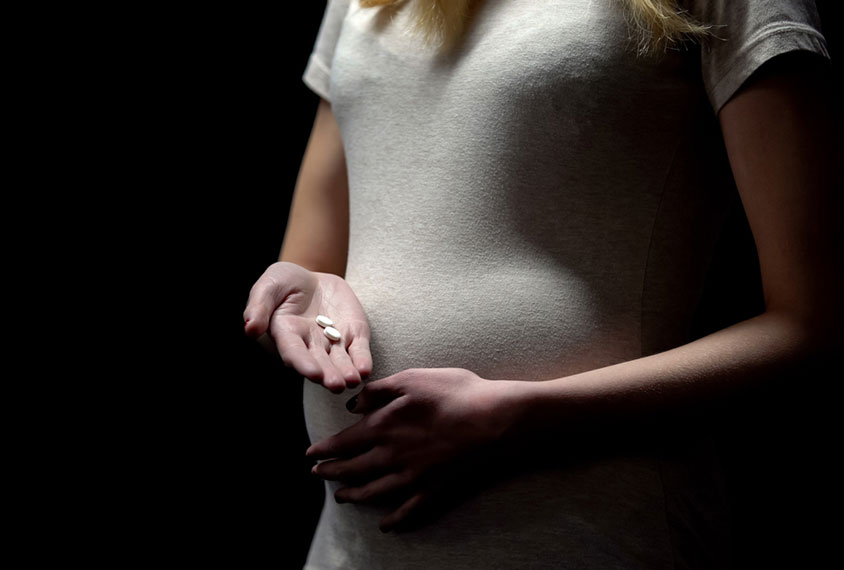
Prenatal exposure to antipsychotic medication does not increase odds of autism, ADHD
Children born to mothers who take antipsychotic drugs during pregnancy are not more likely to have autism or attention deficit hyperactivity disorder, or to be born preterm or underweight.
Q&A with Eric Hollander: Cannabis treatments for autism
As cannabis prohibition slowly lifts in the United States, scientists and families in the autism community are increasingly turning to the drug and its constituent compounds to ease autism-related difficulties, including seizures and irritability.
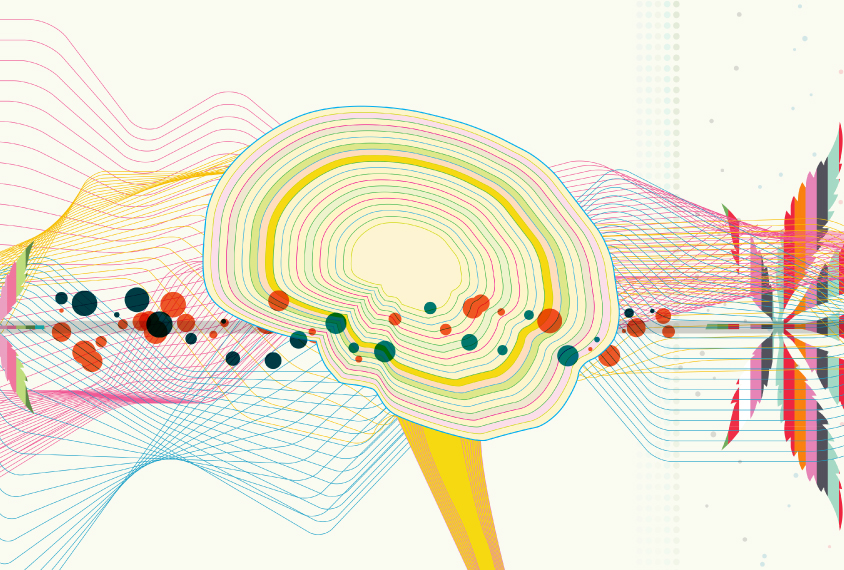
Q&A with Eric Hollander: Cannabis treatments for autism
As cannabis prohibition slowly lifts in the United States, scientists and families in the autism community are increasingly turning to the drug and its constituent compounds to ease autism-related difficulties, including seizures and irritability.
Medical ‘home’ programs offer coordinated care for autistic people
A Utah program provides comprehensive care for autistic people across the lifespan and engages families in the decision-making.

Medical ‘home’ programs offer coordinated care for autistic people
A Utah program provides comprehensive care for autistic people across the lifespan and engages families in the decision-making.
Clinicians should consider off-label treatments for autism
Clinicians need a more consistent and evidence-based approach to prescribing antipsychotics to children and adolescents with autism.
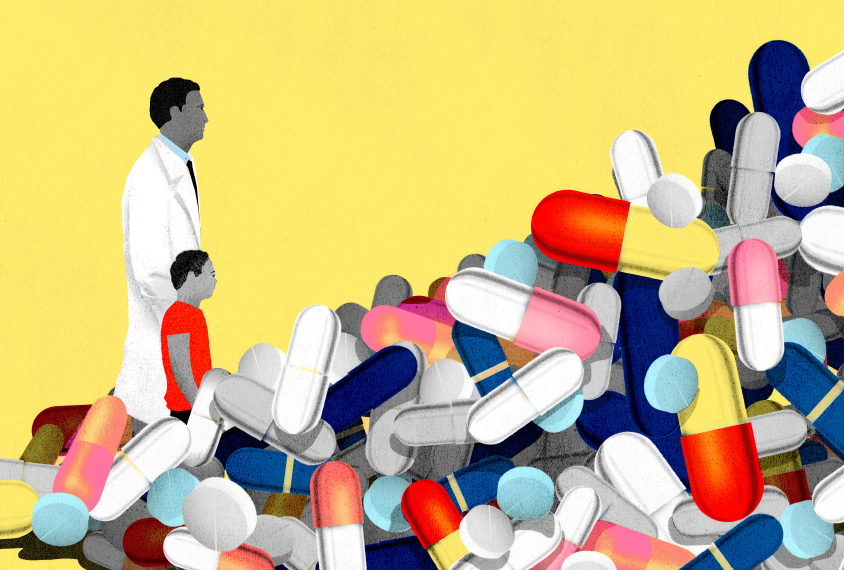
Clinicians should consider off-label treatments for autism
Clinicians need a more consistent and evidence-based approach to prescribing antipsychotics to children and adolescents with autism.
Psychotropic drugs frequently prescribed for autistic people
About one in three autistic people in the United Kingdom is prescribed drugs designed to alter brain function.

Psychotropic drugs frequently prescribed for autistic people
About one in three autistic people in the United Kingdom is prescribed drugs designed to alter brain function.
Revelando los secretos del síndrome X frágil en Colombia
Una remota ciudad colombiana es el hogar del grupo más grande de personas con síndrome de X frágil. Los científicos están aprendiendo de ellos y tratando de ayudar.
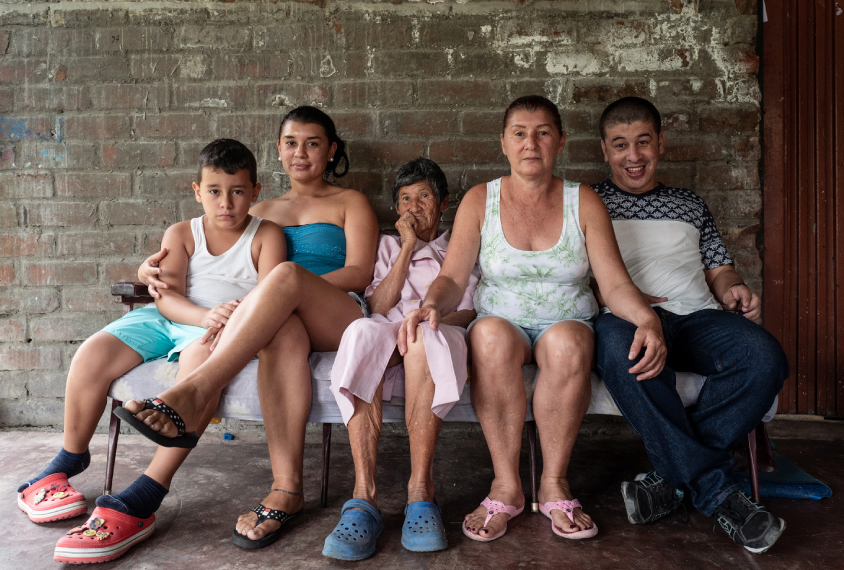
Revelando los secretos del síndrome X frágil en Colombia
Una remota ciudad colombiana es el hogar del grupo más grande de personas con síndrome de X frágil. Los científicos están aprendiendo de ellos y tratando de ayudar.
Unlocking the secrets of fragile X in Colombia
A remote Colombian town is home to the world's largest cluster of people with fragile X syndrome. Scientists are learning from them — and trying to help.

Unlocking the secrets of fragile X in Colombia
A remote Colombian town is home to the world's largest cluster of people with fragile X syndrome. Scientists are learning from them — and trying to help.
Rebooting Becky’s brain
An electrical brain implant all but erased the obsessions that had consumed Becky Audette, years after her autism diagnosis. Could similar implants help other people with severe autism?
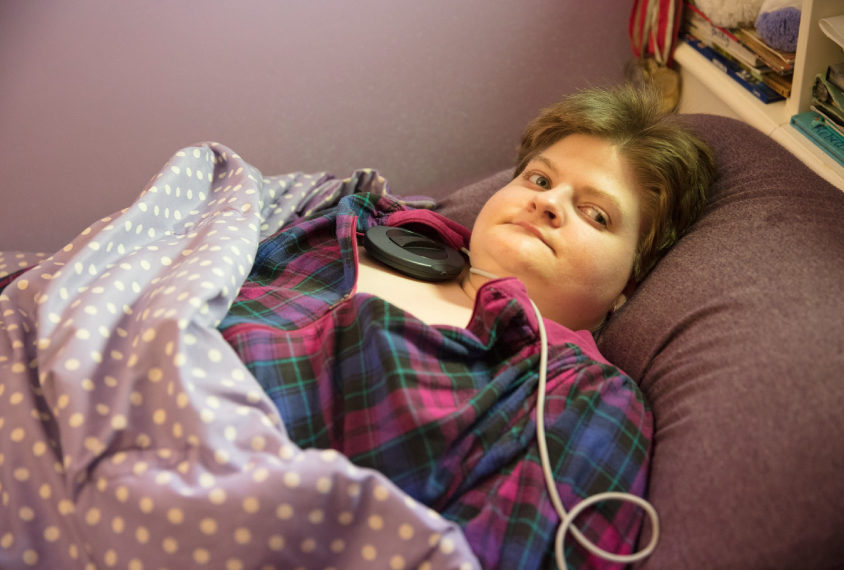
Rebooting Becky’s brain
An electrical brain implant all but erased the obsessions that had consumed Becky Audette, years after her autism diagnosis. Could similar implants help other people with severe autism?
Drug dangers; allergy risk; science #MeToo and more
A prospective study shows that antipsychotics mess up metabolism, autism is tied to a doubled risk for food allergies, and a report reveals pervasive sexual harassment in science.
Drug dangers; allergy risk; science #MeToo and more
A prospective study shows that antipsychotics mess up metabolism, autism is tied to a doubled risk for food allergies, and a report reveals pervasive sexual harassment in science.
Explore more from The Transmitter
New connectomes fly beyond the brain
Researchers are mapping the neurons in Drosophila’s ventral nerve cord, where the central nervous system meets the rest of the body.

New connectomes fly beyond the brain
Researchers are mapping the neurons in Drosophila’s ventral nerve cord, where the central nervous system meets the rest of the body.
Building an autism research registry: Q&A with Tony Charman
A purpose-built database of participants who have shared genomic and behavioral data could give clinical trials a boost, Charman says.

Building an autism research registry: Q&A with Tony Charman
A purpose-built database of participants who have shared genomic and behavioral data could give clinical trials a boost, Charman says.
Cerebellar circuit may convert expected pain relief into real thing
The newly identified circuit taps into the brain’s opioid system to provide a top-down form of pain relief.

Cerebellar circuit may convert expected pain relief into real thing
The newly identified circuit taps into the brain’s opioid system to provide a top-down form of pain relief.